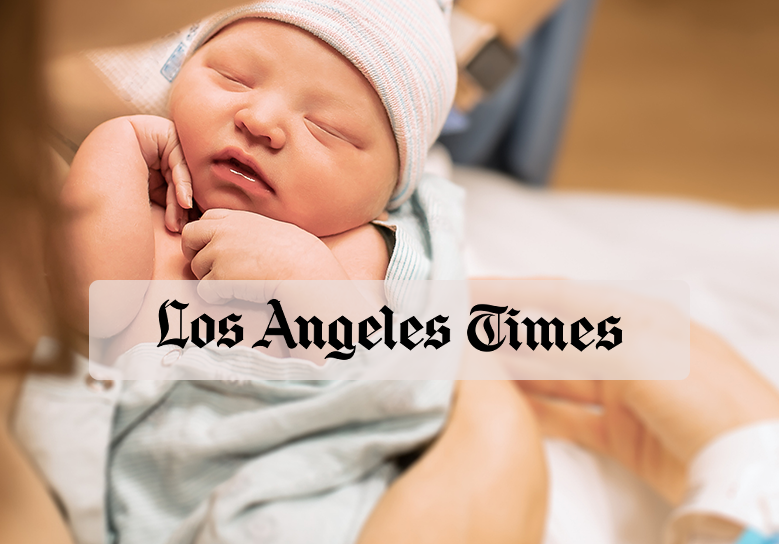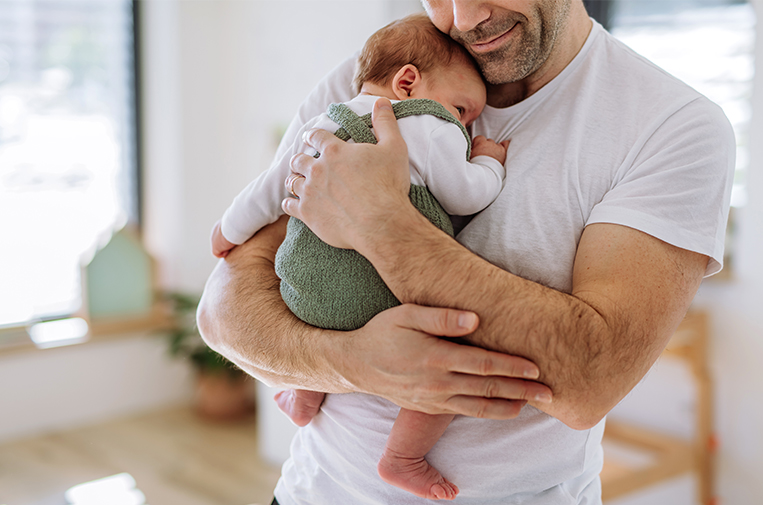By Haven Logan, L.C.S.W., Ph. D.
People considering using donated eggs face many concerns and questions. Here are the five major steps most couples need to take in the decision process:
- Come to peace within yourself.
- Develop a joint vision.
- Think about the child.
- Choose a donor.
- Tell your family, friends, and the world.
Keep these principles in mind as you go through the decisions you’ll need to make:
- Address these issues one at a time, not all at once.
- Take care of yourself and your marriage.
- Ask for help and get the support you need.
- Keep your eye on your goal – to have a child.
Step #1: Come to peace within yourself about using donated eggs
- Where are you in dealing with your infertility? People come to egg donation at very different points in this process.
- Have you accepted that if you use donated eggs there will always be a third person (and if there is a sperm donor, a fourth person) involved to some extent in your life and the life of your child?
Recommendations
Take the time you need to deal with these issues. Your decision will affect the rest of your life. While you don’t need to feel 100% resolved on all related issues, you should feel generally at peace with the direction you are going to take. Counseling from someone who understands the issues of using donated eggs can be a great help, as can joining a Resolve support group.
Step #2: Develop a joint vision about using donated eggs
- Have you and your spouse thoroughly discussed your feelings about egg donation?
- Are you in agreement that this is the path you want to pursue rather than other medical treatments, surrogacy, adoption, or child-free living?
- If the sperm is to come from the husband, how do you both feel about one of you being a genetic parent and the other not?
- What marital and communication issues have surfaced in this process? How are you dealing with them? Do you feel that your marriage is strong and stable enough to support the path to parenthood by using donated eggs?
Recommendations
Take the time to get away with your spouse to a setting that will allow you to discuss these issues. Talk, pray, or meditate together so you can make a decision that comes from your deepest selves. You should have a mutual vision and a conviction about what you are doing. You will need this when you face the medical procedures and the reactions of the rest of the world.
Get the support of other couples who are going through this process or already have a child through donated eggs. If serious marital conflict arises, seek marital counseling before you proceed. The time to deal with marital issues is before, not after you have begun the donation process.
Step #3: Think about the child
- Once you have decided that you want to go ahead with egg donation, sit down with your spouse and discuss in detail what is most important for both of you in a child who would be born through egg donation. After going through infertility, it is easy to feel that “any child would be fine.” Take the time and be honest about what really matters to you about a child: being related genetically to you, similar ethnic background, physical appearance, intelligence, talents or personality.
- Have you discussed theoretically the number of embryos to be transferred? How many children would the wife be able to carry and the couple willing to parent? How do you feel about selective reduction? Do you know about the risks of miscarriage with multiple pregnancies and selective reduction? How would you feel if the child was born with a birth defect?
- What will you tell the child about his or her origin and when will you relate that? If you choose to not tell, can you keep it a secret from all others? For a child to find out from someone else could be devastating.
Recommendations
Make independent lists of your priorities and then compare them to come up with one agreed-upon list. Discuss the medical issues and choices with your physician long before the procedures so that you have time to think about them. Read about raising children through egg donation and adoption. Talk to couples who have children through egg donation and adoption.
Step #4: Choose an egg donor
- It is essential that you feel good about the donor you select. It may take some time to find the right donor for you.
- If you want to consider a family donor, there are important relationship issues to be considered. If you have a relative who would be an appropriate donor, what is the nature of your relationship? If that person is married or in a serious relationship, how would her partner feel? What are the communication and relationship patterns in your extended family? Who will be told, and what will be the reactions of other family members? It is essential that the donor choose to be a donor for you without any sense of coercion. What will be the impact of a family donor on all concerned in the future? Will you feel threatened by having a donor who will have an ongoing relationship with your child? While a family donor has the benefit of shared genetics, the interpersonal dynamics are extremely complex.
- If you are going to use a recruited or program donor, do you want the donor to be anonymous, non-anonymous, or semi-anonymous? Do you want to meet the donor in person? (Note: It is RSC policy that all of our program donors remain anonymous.)
- How important is it for you to feel a personal connection with the donor? What kind of relationship do you think you will want in the future?
Recommendations
If you choose a family or friend donor, she should be screened by an independent mental health professional who specializes in egg donation. Counseling and continuing communication among all those involved will help work through the relationship issues.
Again, take all the time you need. There is no one right way to select a donor. Look at how you will best go about this decision. If you are selecting from donor books, make individual lists and then compare them. Make sure that the donor is thoroughly screened, both medically and psychologically.
If you just can’t find a donor that’s right for you, it may mean that you’re not ready. Go back to the previous steps and get the support you need until you are.
Step #5: Tell your family, friends, and the world you used donated eggs
- As you begin the egg donation process, the first people you’ll want to tell will be those you think will be most supportive. Be very clear with them about who you are going to tell and ask them not to speak about it with anyone else. Tell each person the kind of support you would like from him or her.
- Expect that as you inform people, there will be those who have negative reactions out of their own fears, beliefs, or lack of knowledge. If they are close to you, you may want to involve them in some aspect of the process so they can better understand it and support you.
- While you may want to move cautiously in telling people, being open has the advantage that you then have nothing to hide.
- Though it is realistic to worry about the reactions of the world to a child born through egg donation, we can also expect that there will be increasing acceptance as time goes on and more and more children are born through this and other assisted reproductive technologies.







